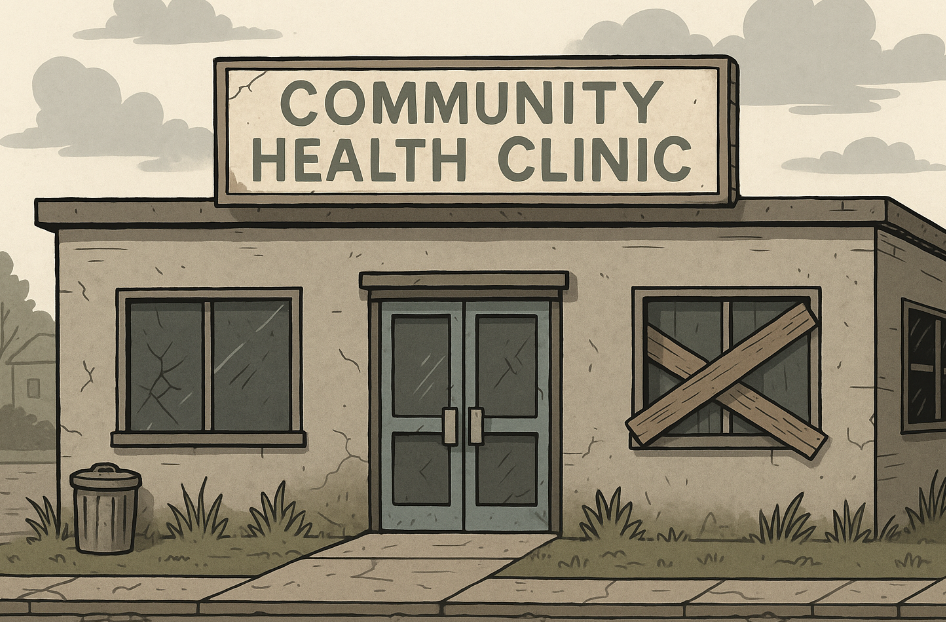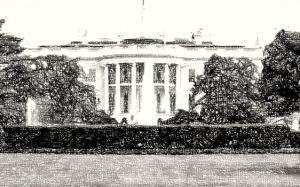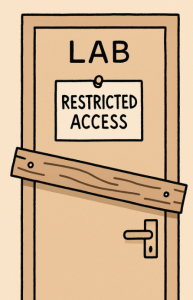
Public Health Degrees at Risk Under New Federal Loan Rules
The U.S. Department of Education is moving toward a new definition of “professional degree programs” under the One Big Beautiful Bill Act (OBBBA), and public health programs appear to be left out. This proposed classification will determine which graduate degrees qualify for the highest federal loan limits, giving students access to up to $200,000 in federal borrowing. Degrees outside this category will be capped at $100,000 total, drastically reducing available support for many fields.
Public health is one of them.
A Troubling Exclusion at the Worst Possible Time
The Department’s current proposal limits “professional programs” to a narrow, fixed list of mostly clinical and legal degrees. The MPH, DrPH, and related public health programs are not included—despite their longstanding recognition as professional practice degrees central to community health, emergency preparedness, and prevention.
This exclusion lands at a moment when public health systems are strained by workforce shortages, rising chronic disease, climate-related threats, global migration shifts, and ongoing misinformation. Reducing loan access for future public health practitioners risks deepening these shortages and limiting who can afford to enter the field.
Higher Costs, Fewer Students, Weaker Workforce Pipeline
If finalized, the rule could significantly increase the cost of public health education for students. With a cap of $100,000 or less in federal loans, MPH and DrPH students—many of whom are mid-career, low-income, or from underrepresented groups—may be forced into high-risk private loans or out of graduate school altogether.
Schools of public health warn that enrollment declines are likely, especially in practice-focused programs that require full-time study or field training. In a sector already experiencing vacancy rates of 20–40 percent across key roles, the consequences for public health infrastructure could be severe.
Ignoring Precedent and Undermining Health Equity
For decades, the MPH and DrPH have been treated as professional degrees essential to preparing the public health workforce. The new definition not only contradicts that precedent, but it also threatens progress toward improving representation in public health leadership.
Lower loan limits disproportionately burden students from marginalized communities, who already face financial barriers to graduate education. Public health cannot advance health equity if its training pathways become financially inaccessible.
Ripple Effects for Public Health Agencies and Communities
The effects of this policy could extend far beyond higher education:
- Local health departments may struggle to recruit qualified practitioners, as salaries remain low and training costs continue to rise.
- Communities may see a decrease in the number of public health nurses, epidemiologists, and emergency preparedness specialists, which can weaken their response capacity.
- Public health innovation could slow, particularly in areas such as environmental health, maternal and child health, behavioral health, and global health security.
In short, restricting access to affordable education undermines the very workforce the nation depends on to prevent disease, respond to crises, and protect vulnerable populations.
What Happens Next? A Crucial Window for Public Comment
The Department of Education is expected to issue a Notice of Proposed Rulemaking soon, triggering a 30-day public comment period. Organizations across the sector, led by ASPPH and public health educators, plan to mobilize extensive comments urging the inclusion of public health degrees.
This public comment period will be a crucial opportunity for schools, agencies, professional associations, and practitioners to speak with a unified voice.
Why This Matters for the Future of Public Health
Public health is a profession, one that requires specialized training, licensure in key areas, and significant responsibility for the well-being of populations. Excluding MPH and DrPH programs from professional degree status sends a concerning message about how the federal government values the field.
With major public health challenges ahead, the country needs more trained practitioners—diverse, prepared, and supported—not fewer.
Protecting access to graduate education is crucial for sustaining a robust, equitable, and resilient public health workforce.



